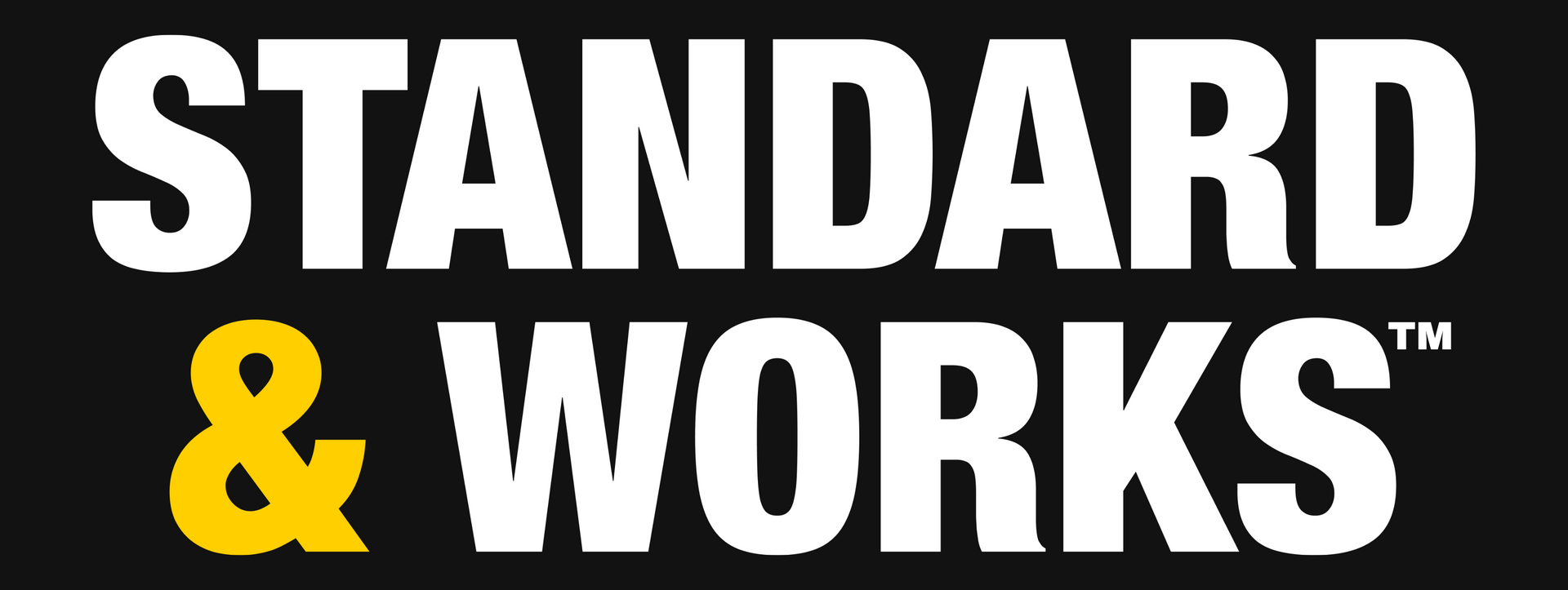Sounding the Alarm
New Jersey business leaders are sounding the alarm on the state’s economic competitiveness and hoping the next Governor will right the ship.
The state has historically lagged far behind others in the northeast for business competitiveness, according to an annual scorecard published by the New Jersey Business and Industry Association.
“We’re dead last and we’re an outlier,” President and CEO Michele Sikerka told Standard & Works in an interview.
“ We're highly taxed. We're a highly regulated business community. It’s incredibly difficult and expensive to do business in the state of New Jersey. We can do better.”
Both candidates laid out their plan to boost the state’s competitiveness last week at a Manufacturing Day event hosted by the NJ Manufacturing Extension Program.
Sherrill
Democratic gubernatorial candidate Rep. Mikie Sherrill outlined four major areas of change:
Streamlining and simplifying the permitting process, making permitting timelines available online to the public.
Cutting the state’s corporate tax rate.
Declaring a state of emergency on utility costs and freezing rates and negotiating rate payer prices.
Investing in vocational, workforce and technical training programs.
Ciattarelli
In his remarks, Republican candidate Jack Ciattarelli, a former state assemblyman, attacked the state’s regulations on businesses, as well as certain taxes that make the state uncompetitive.
“ There are a whole bunch of regulations that are unnecessary, and make New Jersey a difficult place to do business in every single industry.”
Ciattarelli intends to pull New Jersey out of the Regional Greenhouse Gas Initiative, a carbon tax initiative, which he estimates will save residents and businesses $500 million per year. He also intends to diversify New Jersey’s energy sources.
A central part of his agenda is to establish a Department of Commerce, which would provide large economic development projects with sector and regionally-focused liaisons to shepherd developers and investors through permitting.
“The only way out is to grow our economy,” Ciattarelli told the audience. “I don’t just want to compete, I want to win.”
Common Ground
Taxes: Sherrill and Ciattarelli both took aim at the state’s business taxes, which Ciattarelli said are the highest in the nation. If elected, he intends to reduce the tax rate from 11.5% to 5% over a five-year period, funded by reducing the size of state government.
Education: Both candidates also emphasized the importance of education for New Jersey’s workforce, in particular keeping students within the state. Sherrill aims to reduce the cost of higher education, while Ciattarelli intends to redirect some of the state’s federal education funding toward technical institutes, rather than community colleges.
South Jersey: One area of noted opportunity is South New Jersey, which is not as heavily developed as the rest of the state, offering more land at a lower cost, according to Ciattarelli. However, it is also not as well served by public transit or energy infrastructure – a problem both candidates intend to fix.
